In Outer Space with WILL ALEXANDER
|Shane Anderson

For us poets, Will Alexander’s work is magick, a miracle. I can’t count the number of times I’ve been at a gathering of writers and recited the first words of the Los Angeles native’s “The Blood Penguin”: “I am the carnivore / The hounded nightwalker …” Alexander is an alchemist, whose dense and deft incantations transform matter – our brain matter – into a shimmer. His poetry is visceral, his language obscure, and the worlds he builds with it irrational, almost mythic. His writing has a physical impact, hitting the reader like an asteroid from outer space batters the Earth, searing and cratering its surface. Like Sun Ra’s, Alexander draws on ancient (Egyptian) sources for intergalactic effect. Now, his otherworldly poetry is being returned to its cosmic home.
On September 15 2021, Sian Proctor became the first Black American woman to pilot a spacecraft. To remember Spaceship Earth during her days off-planet as part of Space X’s inaugural all-civilian mission, Inspiration4, Proctor – a geology professor with a passion for Afrofuturism – brought along cherished coin from her childhood, some family jewelry, and work by artists she admires. Among this space-bound collection is poetry by Will Alexander.
Following the release of The Combustion Cycle, Alexander’s latest book, I spoke to Alexander about shamanism, ritual, and his practice here on Earth. His upcoming Refractive Africa will be published by New Directions in November 2021.


SHANE ANDERSON: Your new book of poems, The Combustion Cycle, is made up of 3 long poems and a glossary, totaling over 600 pages. Each of these long poems is set within quotation marks as if they were monologues. Who’s speaking here?
WILL ALEXANDER: The first poem in the book is written from the perspective of an Andean hillstar, the second largest hummingbird on Earth. Taking on this perspective allows for a wider array of contact with the universe, so that the sociology of human capacity doesn’t restrain it. That is, we’re not locked into our provisional circumstances. The point of the writing is to open our eyes to the greater possibility in the universe. And what medium is better than to go through non-human contacts to get this wideness? It’s a question of opening consciousness. My writing is an exercise in being.
But when you do that, you’re still writing as a human being from a specific context. Are you channeling the hummingbird or are you trying to imagine what it experiences from your perspective?
The hummingbird has energy that it channels. And as a human being, I have energy that I channel. Through making contact with the hummingbird, I can observe the expanded self beyond the human being. It’s like a relay: I’m bringing the hummingbird’s central energy into focus and then expanding it as it comes into me. This is how I begin to reach other parts of the spectrum of consciousness. And once you go into these states it naturally expands your capacity for experiencing reality – not quantitatively, but qualitatively.
“I’m trying to create liberty through language.”

How do you prepare for that relay?
I’ve been working on lucid dreaming again, and I plan to look at these Tibetan sleep exercises, which I’ve known about for a long time. But you see, I’ve been getting to this state of consciousness for a protracted time, so I’m prepared to receive all the time. I believe in the surrealist reality – or, as Rimbaud says, that “I is another.” The “I” is an opening to another space. There’s a shifting reality in this universe – we are not just one set of circumstances. The “I” is actually galactic: it expands and expands. And by exercising at that plane, we begin to extend our capacity for experience. It’s not an absolute reality; it’s an alchemical movement towards what the I could be.
Your writing is at times also very grounded in the political situation of the day. I’m thinking here of your poem for George Floyd, your essay about Rodney King, or even the voices you channel, which are in line with decolonialism and are against the powers that be.
That’s part of it, yes, but I’m more focused on expanding what’s known as indigenous consciousness. George Floyd and Rodney King are indigenous bodies trapped in a colonized context. To be able to expand those indigenous feelings and investigations is prime for me. It’s about the liberty of the colonized being. I’m trying to create liberty through language.
Shamanism is a keyword in your new book and appears several times. Is this related to what you mean by indigenous thinking?
In indigenous mathematics, the whole is understood as generating the parts – not the other way around. So when you try to foreground the detail instead of the whole, you start to break up languages and cultures and mismanage the situation, making it a hierarchical structure that lacks integration with itself.

“We’re dangerously distracted all the time. People don’t seem aware of the circumstances they’re in. It’s like playing board games on the deck of the Titanic.”
The question of wholeness versus detail is something that can be seen in another light in the diction of your work. While your vocabulary is expansive, the way it’s used is very particular and exact – and uniquely your own. What do you hope the reader will understand from all these words from various discourses?
I don’t really compartmentalize those aspects – when you start to go into this wider realm, they start to conjoin naturally. It’s the education system that has been compartmentalizing them since the founding of the first universities in the West. This wasn’t true in places like Granada in the 9th and 10th centuries, where you could grow into mystery—which actually helps you attain greater accuracy. But by focusing on accuracy and giving everything grades and putting everything into a box, you cut off the nutrients that a human needs to grow. You stop motion. Consciousness becomes fossilized. And that’s the problem with the Occident. One size does not fit all. Billions of people being forced to think one way despite the differences of climate and personal characteristics creates turmoil and foreshortening. The divisions are the problems. Look at when the diplomats divided up the Middle East in the 1920s. It created havoc. The same thing goes for Africa in 1885 during the Berlin Conference. I call the time we’re living in the afterglow of clashing, we’re all still divided, but we don’t need it because we’ve created this environmental monster that’s disastrous. It’s slow moving, but when it hits it will be really tough. We haven’t developed our minds to be able to deal with this kind of circumstance. We’re not really living in reality. These organic indigenous communities had these incredible grounding principles where all forms of life could form into this general understanding and resonate with one another. But things are so fragmented now that they don’t seem to resonate. In medicine, they call them free radicals. It’s very dangerous. What we need is more like jazz. Jazz music pools everything together; the musicians listen to one another. That’s healing.
Yet today we’re very interested in these states of motion you speak of. There’s the cultural importance of jazz, but also the “zone” in sports. These states are commonplace, and we have a strong desire to access them.
It’s a perplexing situation. One is fascinated by this space, but one doesn’t really want to put accessing it into practice. People want to keep it compartmentalized for entertainment or for distraction, but not as an integral state of being. Right now, we’re dangerously distracted all the time. People don’t seem aware of the circumstances they’re in. It’s like playing board games on the deck of the Titanic. Who’s winning and who’s losing? There’s no consciousness. Instead, there should be an immersion in that state, and the language of my work should facilitate that. Nevertheless, opening the system is always somewhat chancy. In that sense it’s political, while also part of our history – like astronomers of old challenging the world order.

Your writing should aid the reader to tap into this space – but it’s also to facilitate your access to it. You say as much in the final paragraph of your author’s note: “Let me say in closing The Combustible Cycle was written not as a literary exercise but attempting to clear what I consider to be obstructive self-detritus, helping me render unknown regions of myself not as anecdotal exercise, but as an attempt to connect this poetic endeavor with unknown beings that continue to propel the human diaspora.” Here, you use the word “exercise” twice, both times negatively. Yet isn’t the book itself an experiment in consciousness?
Yes, because human life should be an experiment. That’s also why athletics are so important: they also know how to improvise with difficult situations.
How do you deal with compartmentalization?
When consciousness expands, it doesn’t immediately negate the details. Instead, the details open up and interact with one another. It expands your capacity to strategize – like in chess, you see the board better. And, of course, technology can also be used for this. I’m thinking of the chess player Anish Giri, who prepares heavily with the computer and is a remarkable player. We have to be clear about the environment the mind is in at this time, and we need to respond to the world we’re in with the tools we have – that’s how intelligence should work. It’s important to be as flexible with your palette as possible.
The Combustion Cycle is published by Roof Books (2021).
Credits
- Text: Shane Anderson
- Images: Will Alexander
- :
Related Content
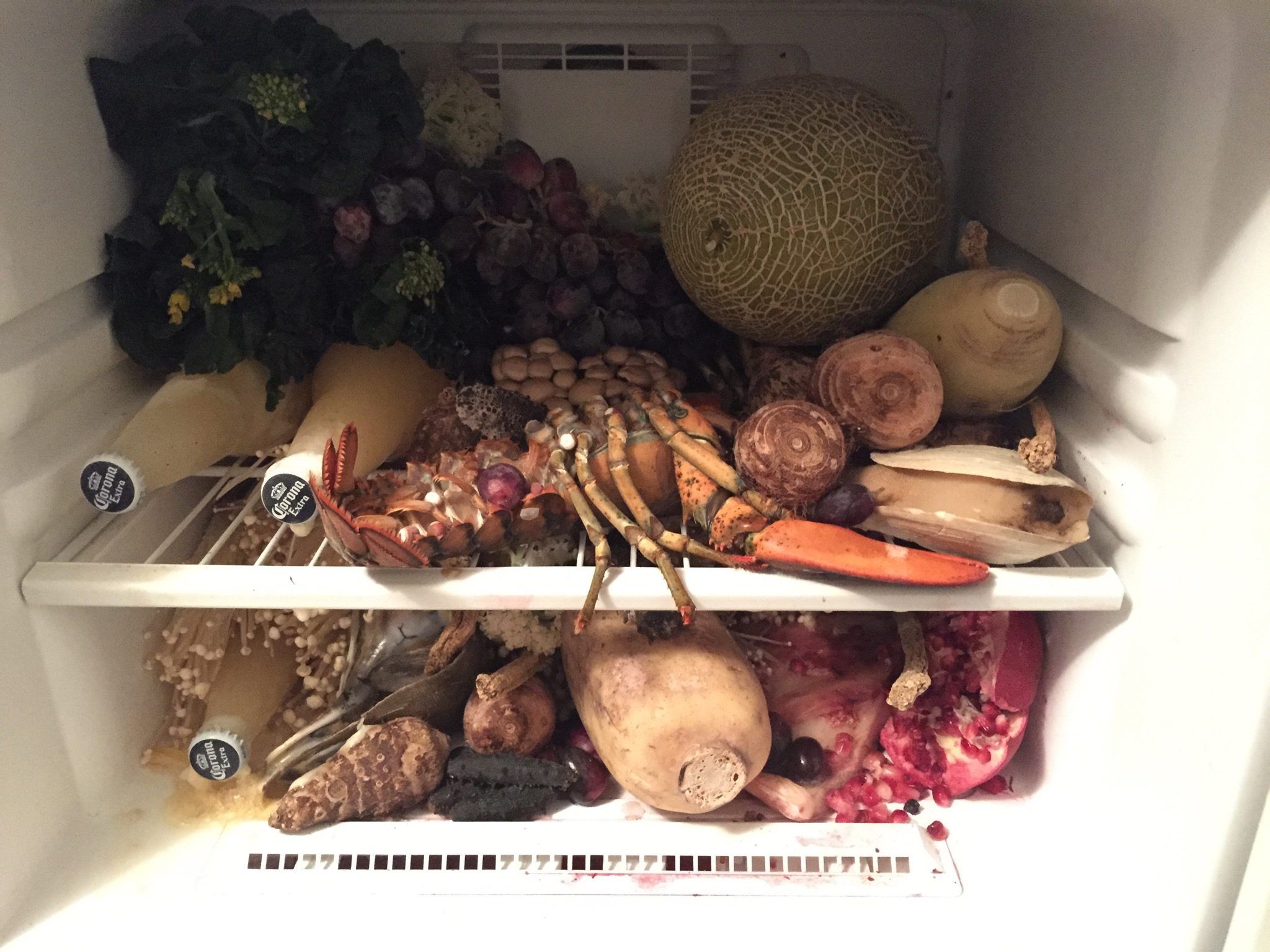
“The Experience We Were Supposed to be Having”: ASAD RAZA on DIY Intimacy, Édouard Glissant, and Home Cooking
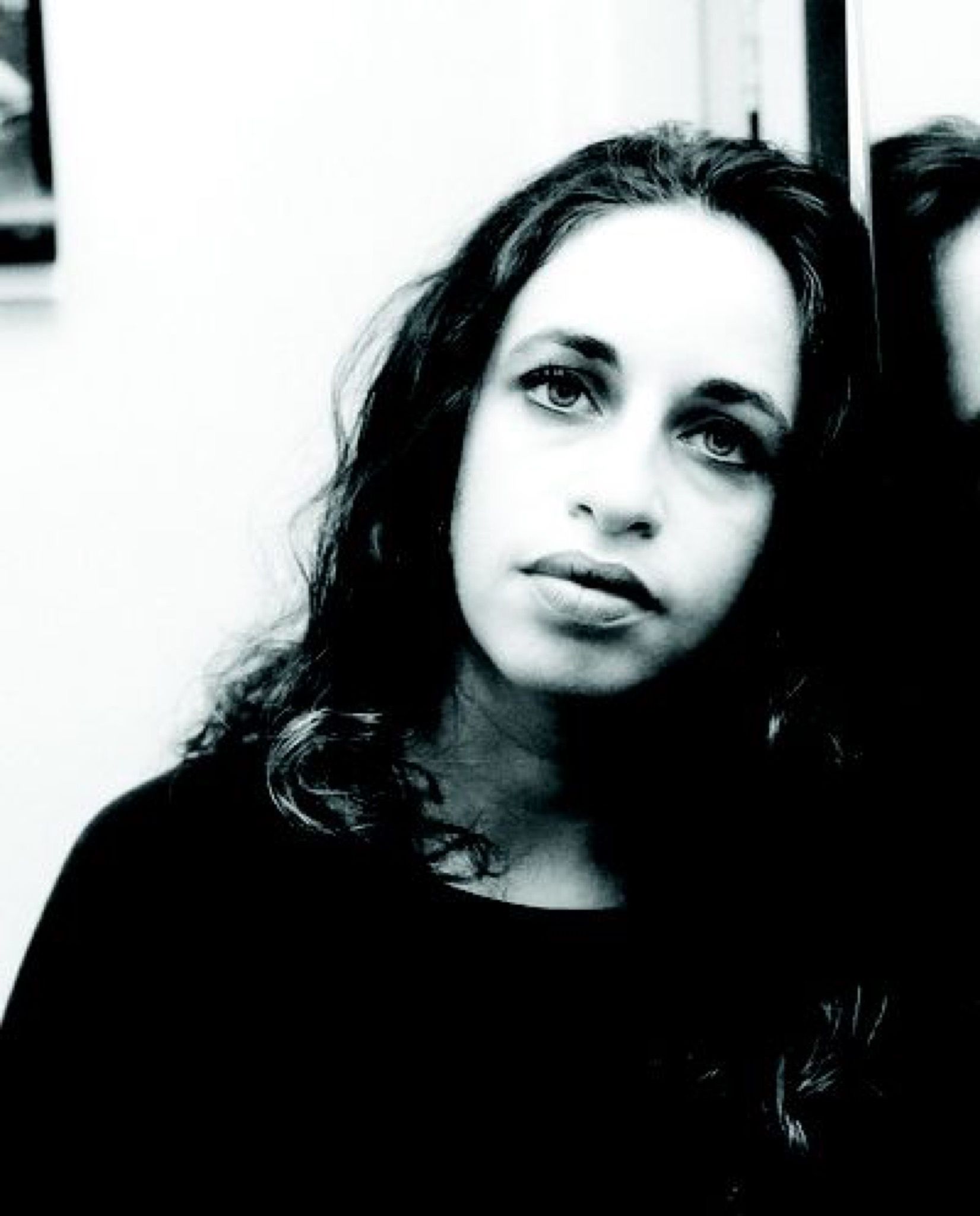
“Societies that are beholden to chronological time are immoral.” An interview with MARIA TUMARKIN

Books by ISOLARII: “Islands from which to view the world anew.”
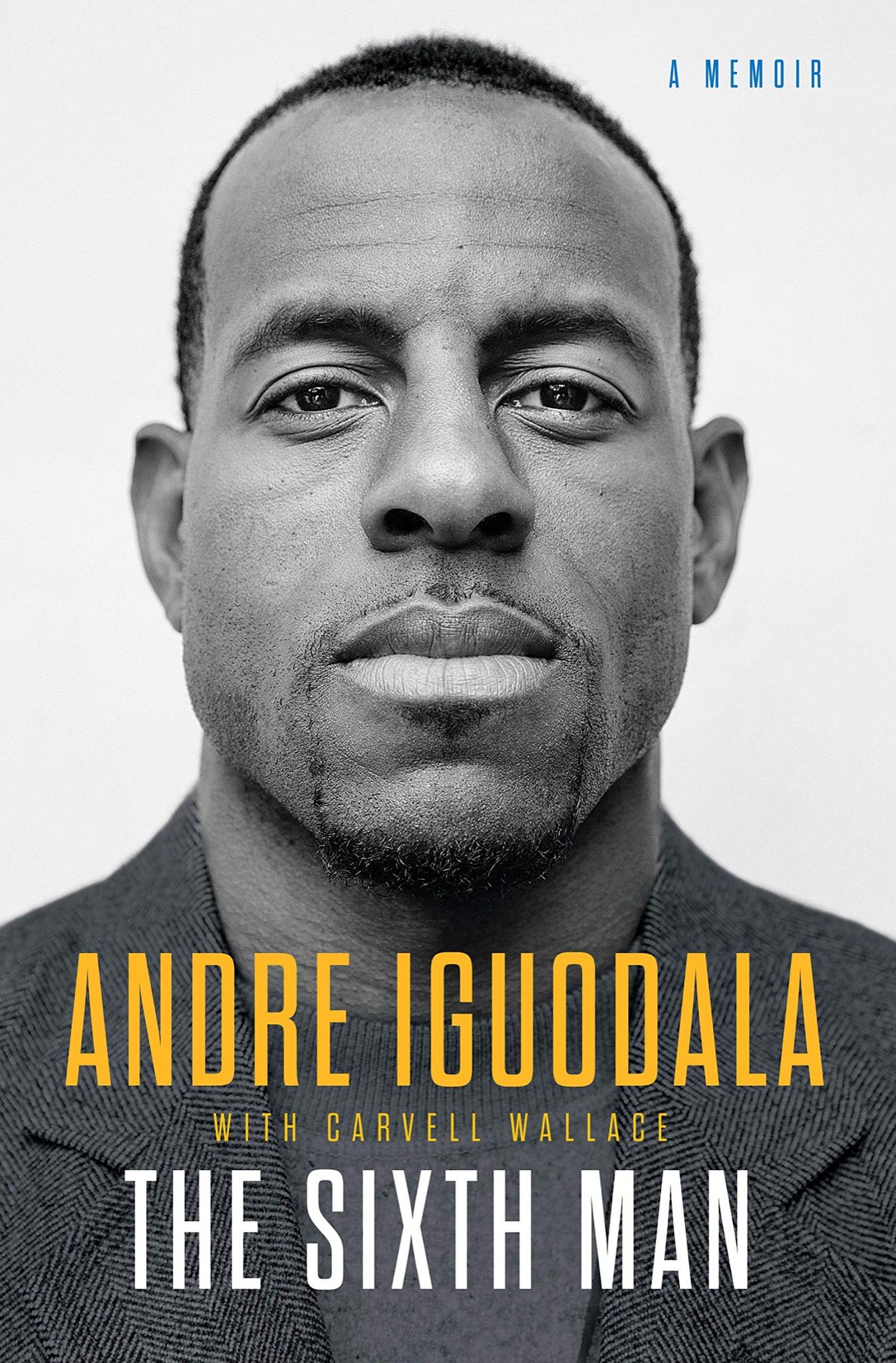
Interview: NBA star ANDRE IGUODALA talks sacrifice, freedom, and what needs to change
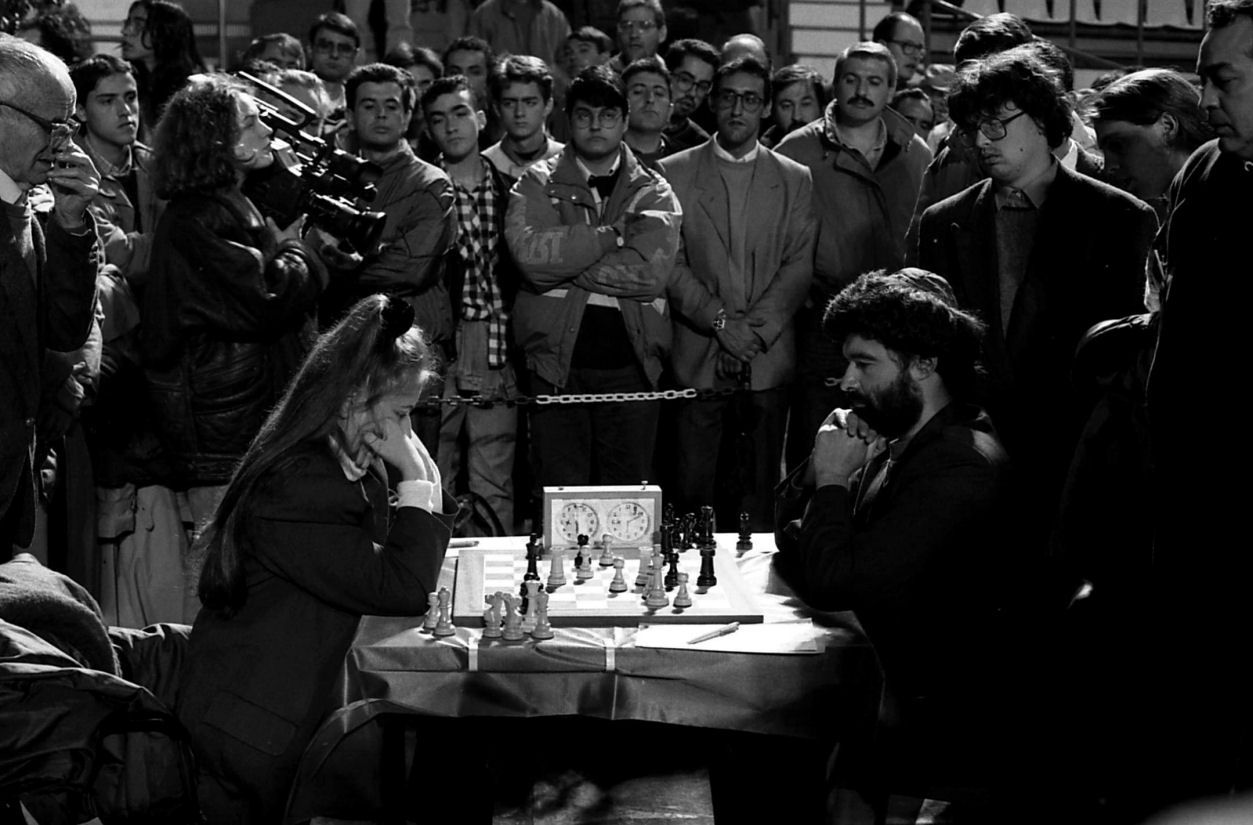
The Aggressive Attacker: An Interview with Chess Grandmaster Judit Polgár
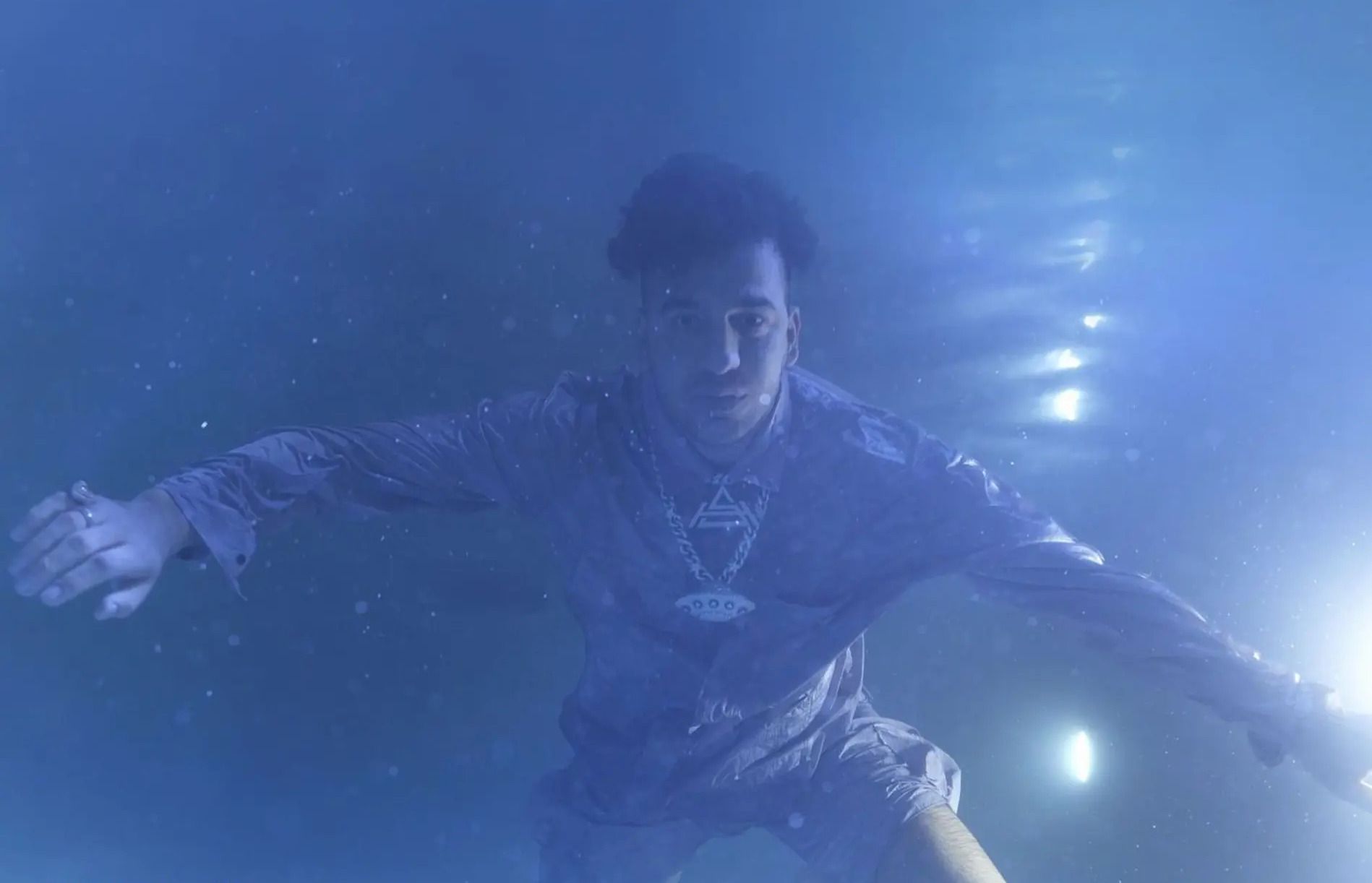
The Saddest Drip
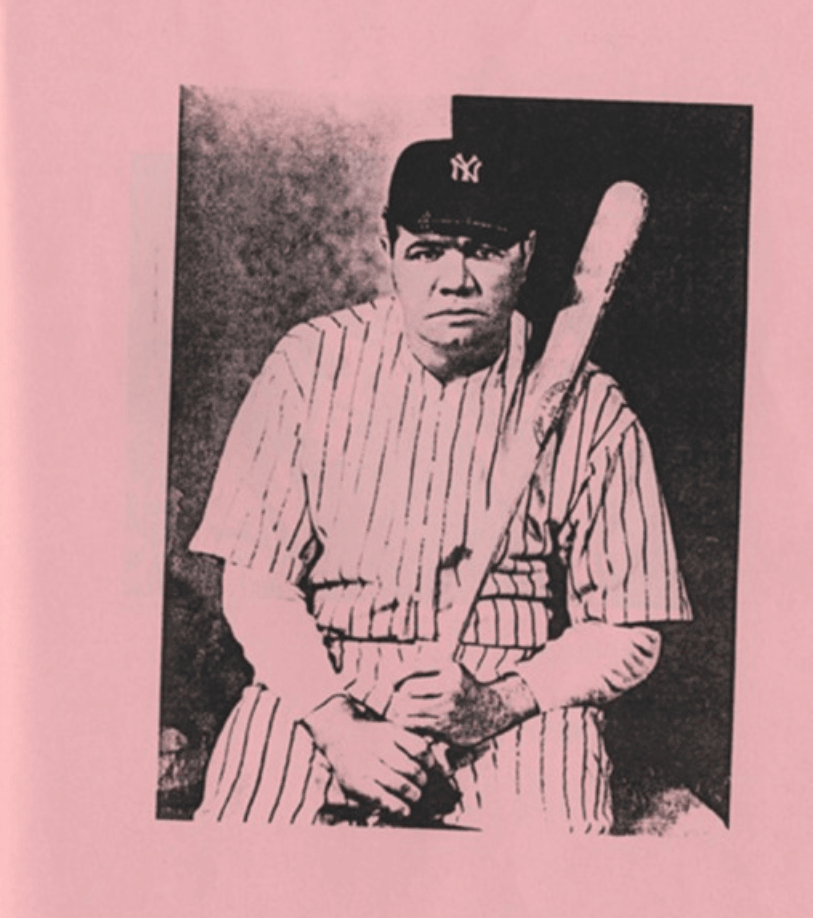
MARK GONZALES: Non Stop Poetry